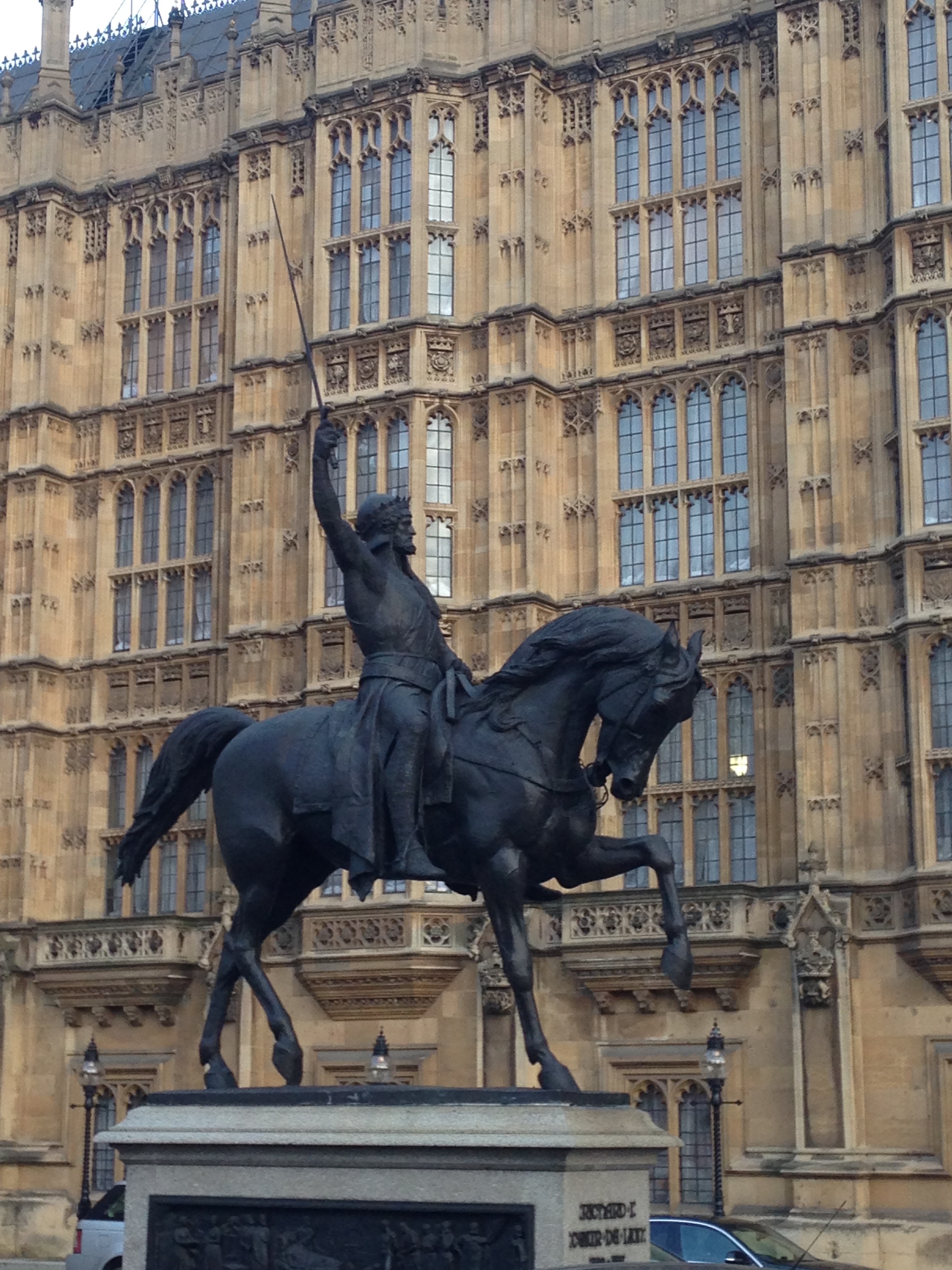Strength - From “Power Over’ to ‘Power To”: Grounding the cause in British traditions
Ever since the first “witangemoots” of the early seventh century AD begun to gather, on Scone’s Moot Hill and then all around the British Isles, the history of our country and of its constituent nations has been a long and tumultuous dynamic between the forces of unaccountable and centralising élites, and those of participatory and equitable oversight exercised by communities and localities – between those claiming the right to exercise “power over us” in our name, and citizens’ aspirations to exercise “power to” achieve their common objectives themselves, in accordance with principles of absolute inclusion, deep diversity, and the power of the best argument. This conflict that is still going on today, more than ever, albeit in different forms, takes four key aspects:
- From Sovereignty to Citizenship: completing the transition from being a Sovereign’s “subjects” to becoming free “citizens” that first took shape in a legally-sanctioned document 800 years ago - in the Magna Carta - requires us to replace the notion of “Parliamentary sovereignty” that in effect entitles the members of the Palace of Westminster to do as they please for five years at a time, with that of “empowered citizens” who are themselves in charge of their own futures and destinies;

- from Spasmodic to Active Participation: such a transition requires new modes of both synchronic and asynchronic, direct and indirect, real and virtual participation at multiple levels of governance, at all times and in all matters of common interest, rather than an indiscriminate and total delegation of these powers to the Westminster élites and their City backers;
- from Process to Outcomes: instead of having as primary and determining decision-making factors jurisdictional and procedural factors – who governs and according to what rules -, we must rather focus on delivery of sustainable and equitable outcomes generated by a flexible and multi-dimensional system of governance; in other words our system of governance works to support our needs – we do not work to support its élites demands for power, perks, and privileges.
- from Borders to Benchmarks: finally, instead of a mechanistic, rigid, borders-defined engine of government that has a hard time learning and adapting to an ever-changing, rapidly evolving new environment, we must adopt an organic, flexible, learning network system where multiple nodes of governance situated at multiple levels of interaction gives rise to the possibility of experimentation, competition, benchmarking, and adoption of best practices. Ironically, it is about breaking the institutional monopoly of the London élites over our lives and futures and the emergence of a de-centered, dynamic, democratic system much closer to Adam Smith’s original vision of governance than what we have in place today.

